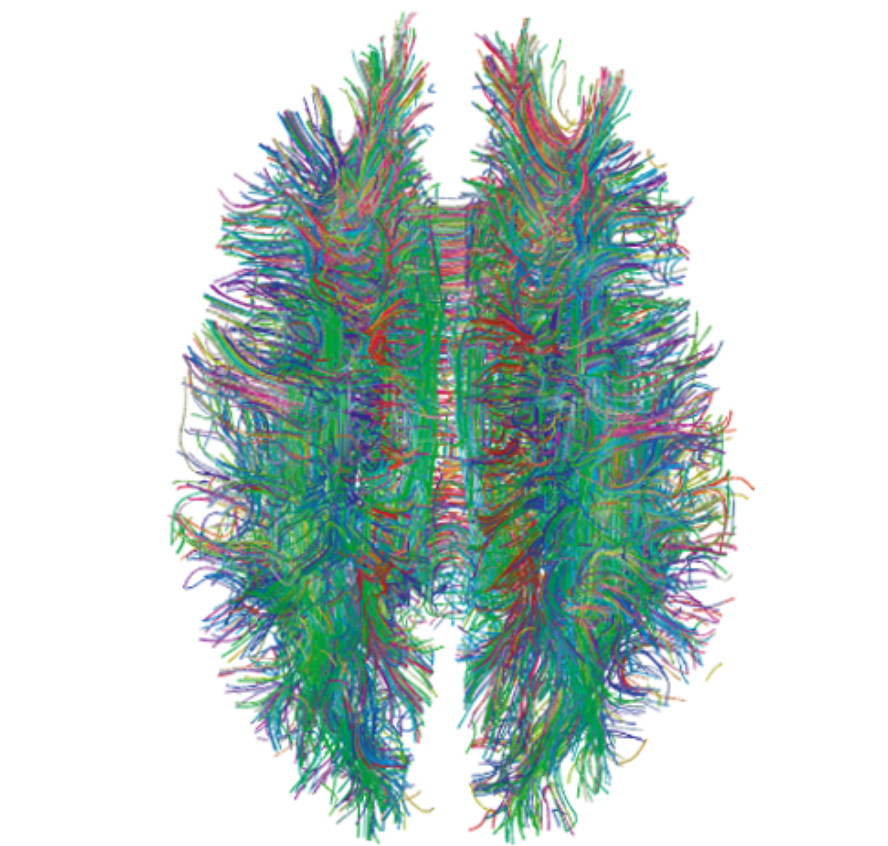The bilingual brain is more effective than monolingual to focus on a task
Elhuyar Zientzia
According to researchers from the University of Montreal and the University Institute of Geriatrics, the brain of bilinguals is more effective than that of monolinguals when using resources for years. To demonstrate this, researchers assigned a role to monolingual and bilingual seniors, comparing the functional connections of their brains. The task required concentration to deal with interference. The study showed that the brains of bilingual seniors use smaller and adequate routes to obtain the requested information.
Researchers also found that bilingual seniors did not use the front part of the brain to perform these tasks. On this side of the brain, aging influences more than on others. For this reason, researchers believe that the bilingual brain may be better prepared to prevent cognitive aging or dementia.
The study was published in the journal Journal of Neurolingüics.






